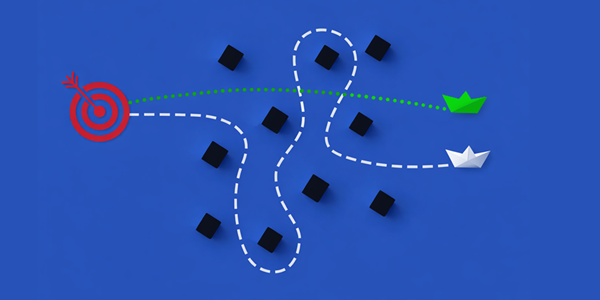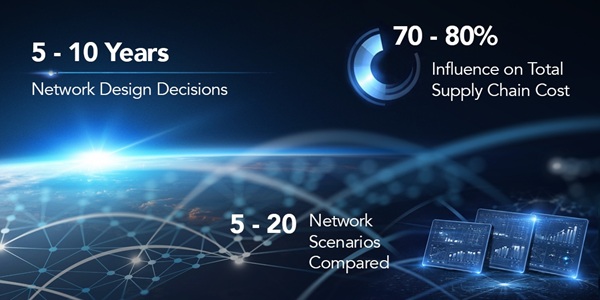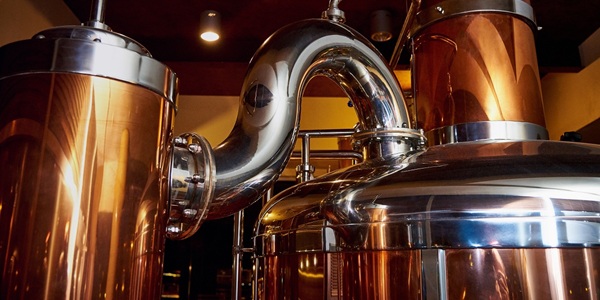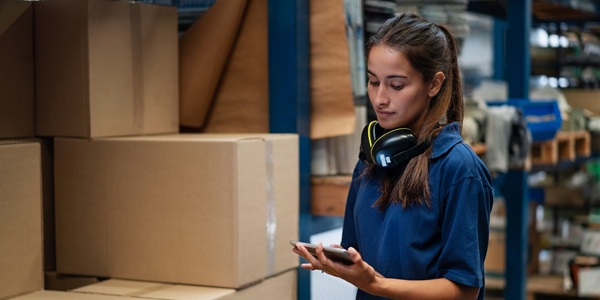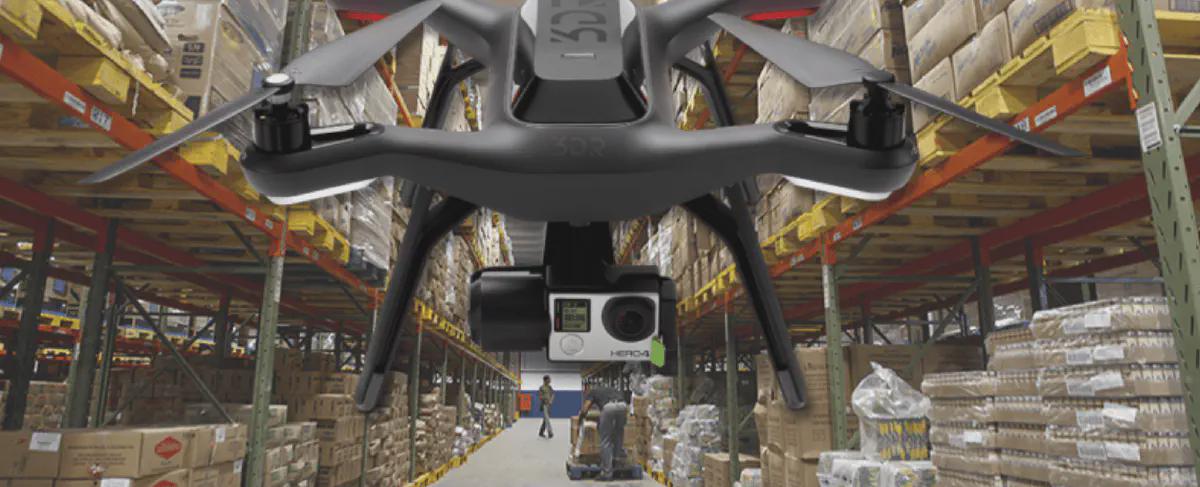
Author: Alfred den Besten
I recently saw a great video about eVTOLs or, in layman’s terms, an electric Vertical Take-Off and Landing aircraft. These self-driving passenger drones, which are capable of flying without a pilot, are built on blockchain technology. Blockchain? Yes, this technology is used to prevent the vehicles from running into other aircraft – and for other purposes as well. Also, these eVTOLs are powered by artificial intelligence (AI). Impressive, but probably they only have a flight range of 20 miles or so. Wrong! They have a range of 550 miles and can carry up to 900 lbs.
Are these self-driving passenger drones going to be a serious business, with a sustainable business model? There are some indications that this might be the case. For example, Uber recently signed a deal with NASA to help create traffic systems for its flying cars project, which it hopes to begin testing in 2020. And many other companies – like Airbus, Italdesign and Lilium – are also focused on getting passenger drones off the ground.
While the “personal drone” is still in its very early experimental stages, companies in the supply chain in general and in the logistics industry in particular have already been using drones for many years. For instance, Swiss Post conducted drone delivery trials in 2015 in Lugano, Switzerland, in which Matternet drones autonomously transported laboratory samples between two hospitals, saving a significant amount of time over road transport. The trials involved more than 70 flights and more are planned for the future. This service not fully operational yet, but Swiss Post is planning to launch it before the end of 2018.
There are many other examples of drones making an impact on supply chain operations. For example: in 2016, leading logistics provider DHL Parcel successfully concluded a three-month test of its third Parcelcopter generation, an autonomous tilt wing vehicle. So package delivery with drones is not merely a future vision, but a present-day reality. This capability is especially useful in locations where it’s not easy to reach the parcel sender or receiver. Drone package delivery could also be a game-changer in regions that experience severe winter weather – making delivery services in these areas easier and more efficient.
Besides logistics, drones are poised to play a significant role in other areas of supply chain operations such as inventory management. Indeed, drones are already helping to improve inventory management – which is time consuming, labor intensive, energy inefficient, costly, and dangerous – by assisting in the process of checking and tracking stocks around the warehouse. Nowadays, drones are equipped with technology and can scan any barcode (linear, QR, Matrix, etc.) and instantly feed this data to the warehouse management system (WMS). In this context, drones can deliver some clear benefits: increased tracking accuracy and efficiency as well as enhanced resource and workforce utilization and safety.
If you would like to see ICRON in action, please contact us. If you have enjoyed this blog, you can find more content that you might enjoy here.



